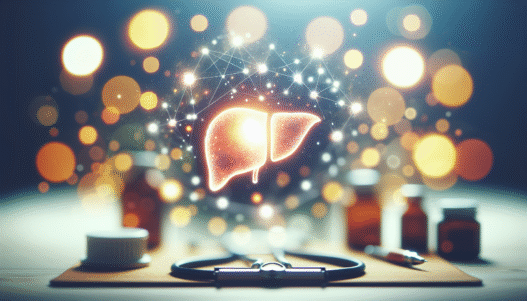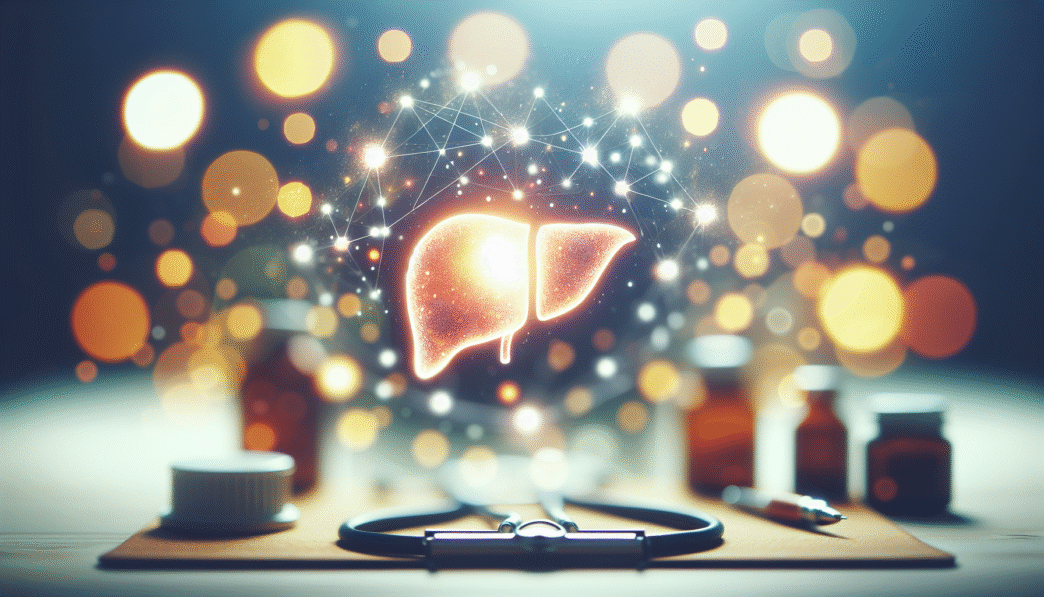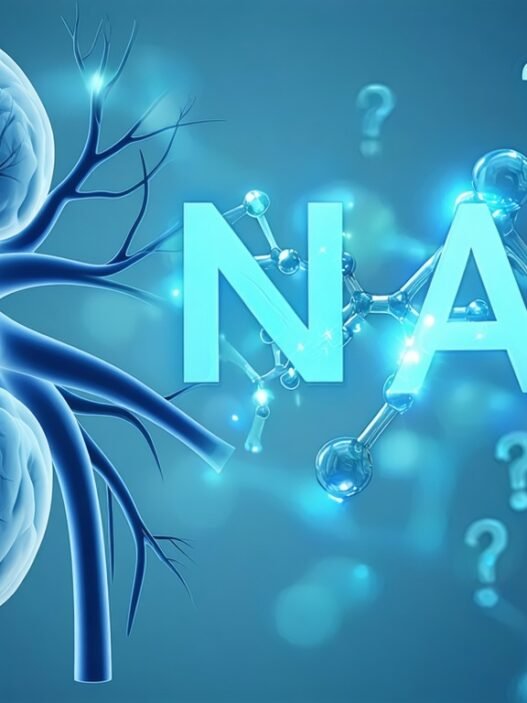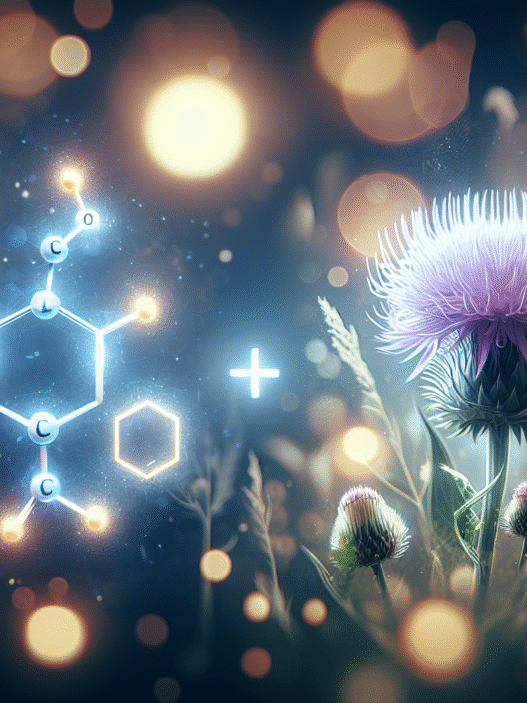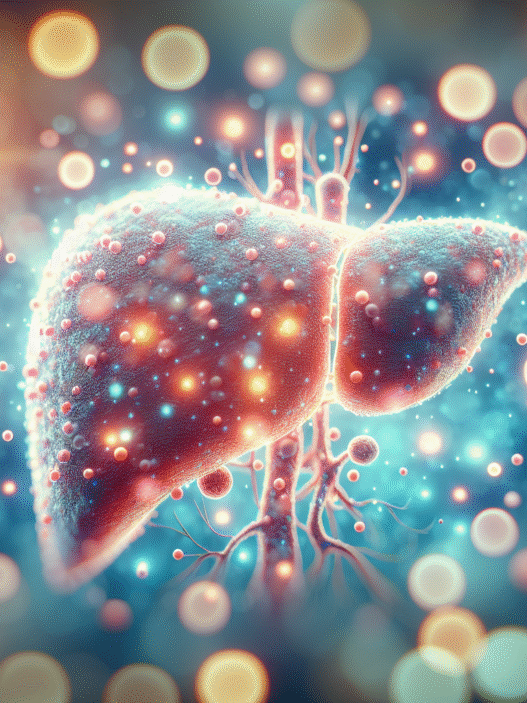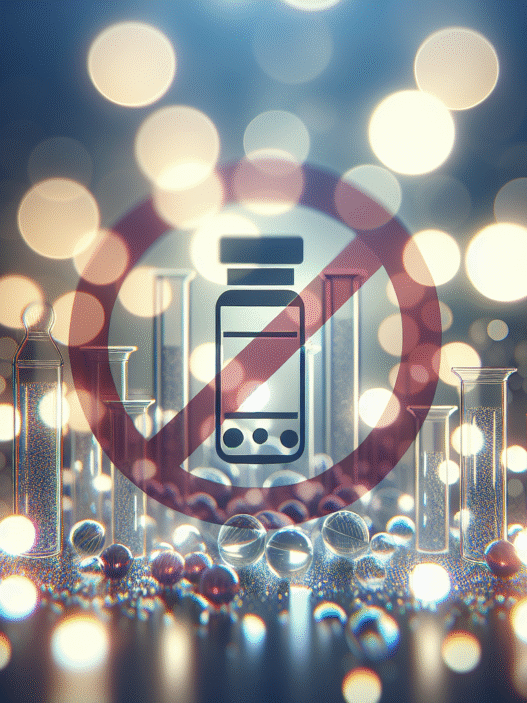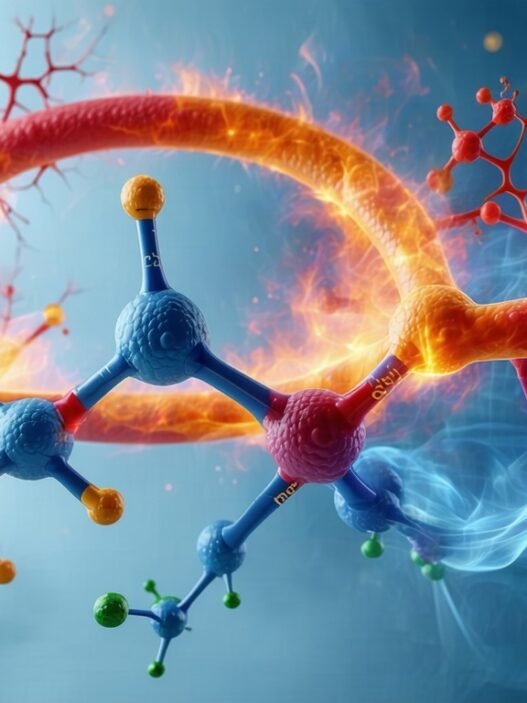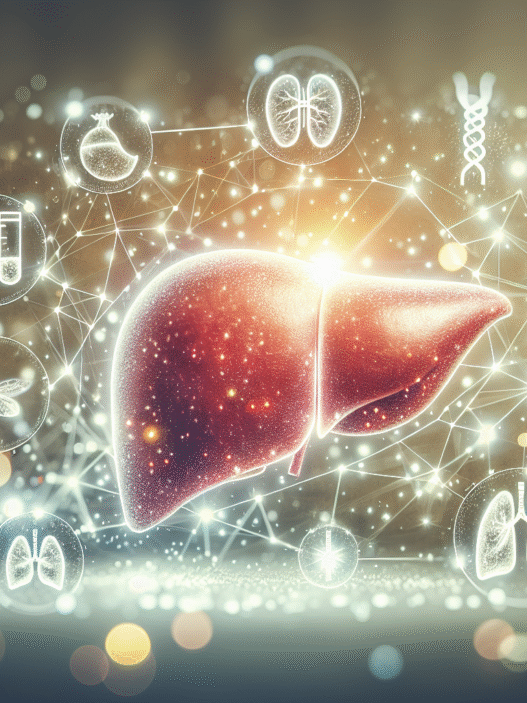Understanding NAC for Health
What is N-Acetyl Cysteine (NAC)?
N-Acetyl Cysteine (NAC) is a derivative of the amino acid cysteine. It is recognized for its role as a powerful antioxidant and its ability to support various bodily functions. NAC is commonly used in supplement form to enhance health, especially in relation to the liver and detoxification processes. It plays a crucial role in the production of glutathione, a significant antioxidant that helps protect cells from damage and maintain overall health.
NAC has been shown to improve liver and kidney function by speeding up the breakdown of drugs and toxins in the body (WebMD). This function is particularly beneficial for individuals suffering from liver or kidney disease.
Benefits of NAC
The potential health benefits of NAC are extensive. Some of the primary advantages include:
| Benefit | Description |
|---|---|
| Liver Health | NAC can improve liver function, particularly in patients with non-alcoholic fatty liver disease, leading to reductions in liver enzymes such as ALT (Source). |
| Antioxidant Properties | By boosting levels of glutathione, NAC helps mitigate oxidative stress and lower the risk of health conditions like heart disease, diabetes, and infertility (WebMD). |
| Detoxification | NAC aids in the breakdown of harmful substances in the body, making it a valuable supplement for detoxification. |
| Respiratory Health | NAC may help reduce mucus and support lung health, making it beneficial for individuals with lung conditions or chronic respiratory issues. |
NAC’s ability to protect against oxidative stress makes it a crucial component for those concerned about longevity and overall health. Its diverse benefits highlight its importance as a supplemental choice for individuals aiming to enhance liver health and promote detoxification. For those asking how much NAC for liver repair?, understanding these benefits is the first step in utilizing this supplement effectively.
NAC Dosage Guidelines
Understanding the appropriate dosage of N-Acetyl Cysteine (NAC) is vital, particularly for those concerned with liver health. The recommended dosages can vary based on individual health needs and specific conditions.
Recommended Dosage for Liver Health
For liver health, the typical dosage of NAC ranges from 600 to 1,800 milligrams per day. Some studies have even reported individuals taking up to 3,000 milligrams per day, divided into two or three doses.
| Dosage Level | Daily Amount (mg) |
|---|---|
| Low Dose | 600 – 1,200 |
| Moderate Dose | 1,200 – 1,800 |
| High Dose | Up to 3,000 |
It’s important for those considering NAC for liver repair to consult healthcare professionals for a personalized recommendation.
Maximum Safe Dosage
While NAC can be beneficial, knowing the maximum safe dosage is crucial. For general use, the maximum safe dosage has been observed to be around 3,000 milligrams per day, though this should typically be taken in divided doses. For those with specific health conditions, particularly related to liver function, healthcare providers may adjust this based on individual assessments.
It’s essential to monitor for any potential side effects, especially when using NAC in higher doses. Understanding negative side effects of NAC can help ensure safe usage.
Individuals seeking to enhance their liver health should also consider integrating NAC into a broader approach to liver wellness and potentially consult their healthcare provider about its use in conjunction with other liver health supplements, such as milk thistle.
NAC for Liver Function
Exploring the potential benefits of N-Acetyl Cysteine (NAC) for liver health reveals its role in improving liver function and supporting individuals with liver disease.
Improving Liver Function with NAC
NAC has been shown to assist in enhancing liver and kidney function by expediting the breakdown process of drugs and toxins within the body. This mechanism could be particularly beneficial for individuals who suffer from liver or kidney disease, although further research is necessary to confirm these effects comprehensively (WebMD).
Several studies have indicated that the recommended NAC dosage for medical treatment generally falls between 600 to 1,800 milligrams per day. In some scenarios, individuals have taken up to 3,000 milligrams daily, divided into multiple doses. This flexibility in dosing suggests that adjusting the amount based on specific health conditions and medical advice may be appropriate for optimizing liver health.
NAC and Liver Disease
NAC has been identified as a critical player in the management of various liver conditions, particularly in cases of non-Acetaminophen Acute Liver Failure (NA-ALF). Research shows that NAC can improve overall survival rates, as well as transplant-free survival and post-transplant outcomes (PubMed Central). A meta-analysis of seven studies linked NAC use with favorable outcomes for NA-ALF patients, indicating that early intervention with NAC leads to significant reductions in hospital stay duration.
For individuals concerned about liver health, incorporating NAC could potentially be a proactive measure. While the benefits of NAC in liver repair and overall function are promising, it is advisable to consult a healthcare professional before starting any supplementation regimen. This ensures that the dosage aligns correctly with individual health needs. For more information on the effects of NAC, including its use for specific conditions, visit our article on what is NAC N-Acetyl Cysteine used for?.
NAC for Specific Conditions
NAC for Kidney Function
N-Acetyl Cysteine (NAC) has gained attention for its potential benefits in supporting kidney health. However, it’s critical to approach its use cautiously due to the possibility of side effects. Excessive doses of NAC—around 7 grams or more—can damage cells and may lead to kidney damage or even death. Therefore, it’s essential to avoid consuming very high amounts within a short timeframe.
Some studies indicate that NAC may improve renal function, especially in those suffering from acute kidney injury. It’s not widely recommended as a first-line treatment, but it can be useful in specific cases. For those interested in kidney support, it’s important to consult a healthcare provider before starting any new supplement regimen, especially NAC.
NAC and Lung Health
NAC is also recognized for its positive influence on lung health. Its ability to thin mucus makes it beneficial for individuals with respiratory conditions, as it helps clear phlegm from the airways. Can acetylcysteine remove phlegm? This mucus-thinning effect can aid those suffering from chronic bronchitis or other lung issues.
Moreover, NAC has been shown to possess antioxidant properties, which may help in protecting lung tissue from damage caused by oxidative stress. Patients with conditions like Chronic Obstructive Pulmonary Disease (COPD) have experienced improvements in lung function with NAC supplementation.
To summarize the benefits of NAC for kidney and lung health:
| Condition | NAC Benefit | Notes |
|---|---|---|
| Kidney Function | Potential support in acute kidney injury | Caution against excessive dosing is crucial. |
| Lung Health | Mucus thinning effect | Useful for chronic bronchitis and other lung conditions. |
For further information about how NAC works in various health contexts, visit our section on what is nac n-acetyl cysteine used for?. Always consider discussing with a healthcare professional regarding appropriate dosages and specific health concerns.
NAC and Immune Support
Immune Function Enhancement
N-Acetyl Cysteine (NAC) plays a significant role in enhancing immune function. It acts as a powerful antioxidant that helps protect cellular structures against oxidative stress, which is particularly beneficial for maintaining health during various illness conditions. NAC helps boost the levels of glutathione in the body, a potent antioxidant known for its capacity to combat free radicals and enhance immunity. Studies indicate that NAC supplementation may reduce the risk of infections and improve overall health.
| Study | Findings |
|---|---|
| PMC | NAC may protect cellular structures against oxidative stress in non-alcoholic fatty liver disease. |
| WebMD | NAC could improve immune function when paired with glutathione in individuals with HIV, though more research is needed. |
NAC for HIV/AIDS
Research has suggested that NAC may offer potential benefits for individuals with HIV/AIDS. When combined with glutathione, NAC appears to aid in suppressing HIV-1 replication, making it a subject of interest for further research regarding its therapeutic effects in this population. While these findings are promising, it is essential to note that further investigation is required to fully understand the implications and effectiveness of NAC for individuals living with HIV/AIDS.
Both the immune-enhancing properties of NAC and its potential utility for individuals with HIV/AIDS reflect its versatility as a supplement. For those interested in learning more about the broader uses of NAC, consider reviewing our article on what is NAC N-Acetyl Cysteine used for?.
Considerations and Risks
When considering the use of N-Acetyl Cysteine (NAC), individuals should be aware of potential cautions and risks associated with its usage. Although NAC has beneficial properties for liver health and overall well-being, it is important to approach its consumption with care.
Caution with NAC Usage
NAC should be used with caution due to several factors. It has been noted that NAC can slow blood clotting, which may raise the risk of bleeding, especially for those taking anticoagulant medications. It can also negatively interact with certain medications, such as antibiotics like oxytetracycline and tetracycline, or activated charcoal. Consulting a healthcare professional before starting NAC supplementation is advisable to avoid complications (WebMD).
Potential Side Effects
While NAC is generally considered safe for most people, some side effects may occur, particularly at higher doses. Excessive doses of NAC (7 grams or more) have been linked to cell damage, potentially affecting the kidneys or leading to severe complications. Thus, avoiding high doses of NAC in a short time frame is crucial to minimize risks associated with its use (WebMD).
| Side Effect | Description |
|---|---|
| Gastrointestinal Issues | Nausea, vomiting, or diarrhea may occur. |
| Allergic Reactions | Rare but can lead to rash or difficulty breathing. |
| Fatigue | Some users report fatigue after taking NAC. |
NAC supplements exhibit low bioavailability, meaning they may not be effectively absorbed by the body unless taken in appropriate doses. It is also essential to consider individual health status and any underlying conditions that may affect how NAC is tolerated. For further details on dosing and potential negative effects, refer to our guide on what are the negative side effects of nac?.
For those with liver concerns or seeking advice on how much NAC for liver repair, understanding these considerations can help ensure safer usage. Always discuss any supplement use with a healthcare provider, particularly for those with existing health issues or on medications.










